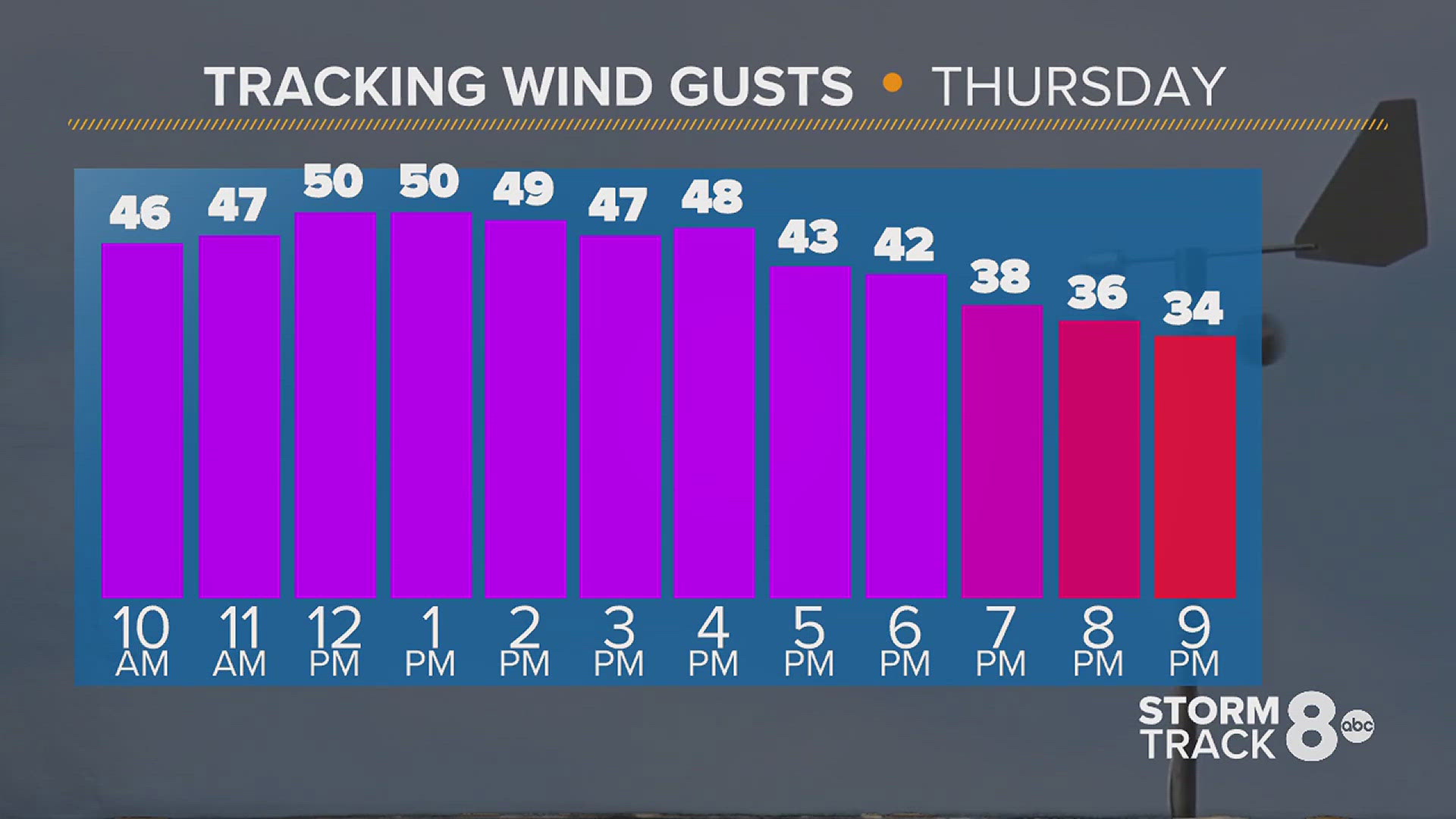MOLINE, Ill. — March 6-10, 2023 is Severe Weather Preparedness Week in Illinois. Although we are gearing up for some winter weather later this week, meteorological spring has already started and it's never too early start preparing for the active weather spring brings.
On Tuesday March 7 at 10 a.m., there will be an Illinois statewide tornado drill. Do not be alarmed when you hear sirens at this time, it's just a test, as long as there is no active weather.
Here are some steps you can take to minimize the impacts of severe weather:
1. Stay Informed
You can stay informed by following your National Weather Service and WQAD on social media. You can stay updated through various apps on your phone as well. You can watch your local broadcast meteorologist on TV and listen to your radio. It is best that you have a battery-operated weather radio because in the case that you lose electricity or Wi-Fi, you can still receive updates. Make sure to have more than one way of being able to receive information.
2. Have an Emergency Plan
Have a designated place to go and seek shelter during severe weather. You will also need to have a meeting place for your family after a severe storm, just in case you get separated from each other. This can be applied to businesses as well. Companies should let their employees know where to go during and after a severe weather event.
3. Prepare yourself and your home for an emergency
To protect you, your loved ones, and property, learn how to use a fire extinguisher, administer CPR, and how to turn on and off the electricity, gas, and water supplies in your home. Steps you can do now to prepare your home is to inspect it for potential hazards such as weakened trees or limbs, cracked windows, or worn roofing. When building or renovating a new structure, there are ways to prevent damage to roofs, upper floors, and garages. Rafters, trusses, walls, and doors can all be reinforced.
4. Have an Emergency Supply Kit
Some severe storms can cause power outages that can last from a few hours to many days. It is best that you have an emergency kit prepared with items that will help you no matter the case. Some of those suggested items include:
- Bottled water
- Non-perishable food
- Flashlight and extra batteries
- Extra clothing and blankets
- Medications and a first aid kit
- Personal hygiene items
- Pet supplies
- Extra set of keys and cash
- A weather radio or portable AM/FM radio



